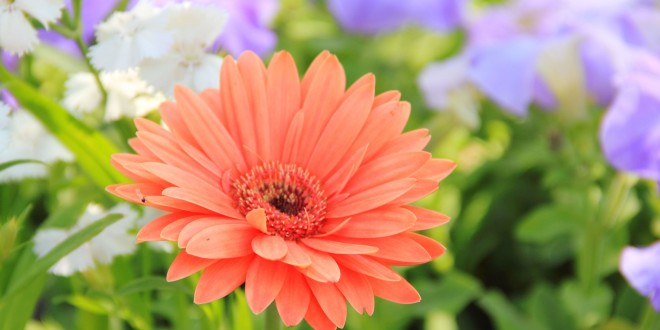By Lucia Zhang
Sneezing or coughing? Runny nose or itchy red eyes? You may have seasonal allergies; nearly one in five Americans suffer from allergies.
The most common symptoms of seasonal allergies are sneezing, runny nose, watery eyes, itchy throat, eyes, sinuses, and ear canals, and ear congestion. Many people who suffer from these symptoms also have asthma.
Allergies can be caused by many factors. During the spring, trees are mostly responsible for allergies. Birch trees are the main culprit, having between 15-20 % of hay fever sufferers affected by its pollen. During summer months, grasses like ryegrass and Timothy grass are the main cause of allergies. Grasses are the most well known allergens, because about 90% of hay fever sufferers are affected by grass pollens. Fall, otherwise known as ragweed season, can causes severe allergic reactions. During Winter, outdoor allergies are replaced by mold, pet dander, and dust. Luckily for these allergy sufferers, indoor allergies are much easier to remove than outdoor.
Hay fever is easily diagnosed. If symptoms only occur at certain times each year, the person is probably experiencing seasonal allergies. Once diagnosed, treatment is same for any type of seasonal allergies.
The best treatment for seasonal allergies is avoidance. But, avoidance can be hard so it’s not always an option. Over the counter or prescription medications can be a big help too.
People who don’t suffer from hay fever are lucky! For those who do experience allergies, you’re not alone! Just take some allergy medication and you’re good to go.
 Tempus Magazine By Students, For Students
Tempus Magazine By Students, For Students 



